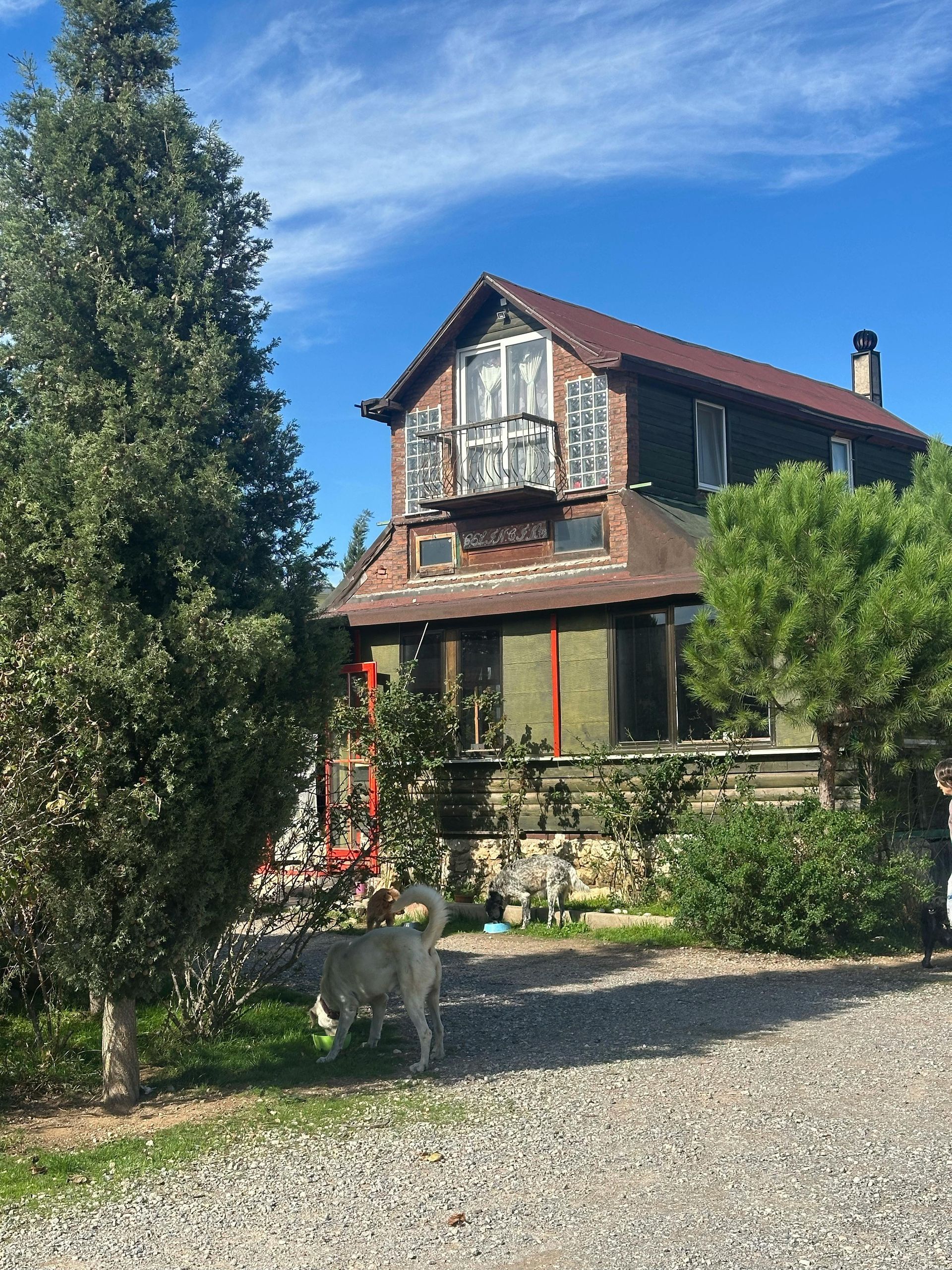Divorce is rarely easy, even when there are no kids involved and the decision to dissolve the marriage is mutual. This has been particularly true since the start of the pandemic, which has impacted virtually every aspect of our lives, including marriage.
Just about every family in Vermont, and around the world, has been impacted by COVID-19 in some way. Many have gotten ill or lost a loved one to the virus, and even more have experienced job loss, depression, or uncertainty about their children’s education and overall wellbeing.
And during all of this stress and uncertainty, families have also suffered from lack of socialization outside of their family unit. After more than a year of lockdowns, social distancing, and travel restrictions, the emotional and financial ramifications of the pandemic have taken a serious toll on many marriages.
According to Bloomberg, the
rate of divorce in China spiked in March 2020, immediately after couples were released from several weeks of strict lockdown. And in the U.S., divorce attorneys reported up to a
35 percent increase in requests for divorce in spring/summer 2020 compared to the previous year.
Issues can arise in even the most straightforward splits. But when we factor in the emotional toll of living through a global pandemic, the financial, emotional, and even
physical stakes can be significantly higher.
Collaborative Divorce and Divorce Mediation
It is a well-documented fact that collaborative divorce and divorce mediation lead to faster, less expensive, and less stressful splits than litigation. In fact, research conducted by the International Academy of Collaborative Professionals (IACP) revealed that
86 percent of collaborative divorce cases end with a complete resolution of issues. And of the cases that did not culminate with a total resolution, many involved a partial agreement, resulting in a narrowing of issues requiring litigation.
Beware of the Do-it-Yourself Divorce
Although do-it-yourself divorces may be tempting as a way to save money, in reality, they often end up costing significantly more in time, stress,
and dollars. It is always a good idea to schedule an initial consultation with a trusted divorce attorney if you are considering ending your marriage. Your lawyer can advise you on potential issues unique to your particular situation, while ensuring that you fully understand your rights and options before moving forward with any legal strategy.
If you are considering divorce or legal separation, contact Benj and Lesley at Deppman Law PLC today for a confidential consultation about your case.

